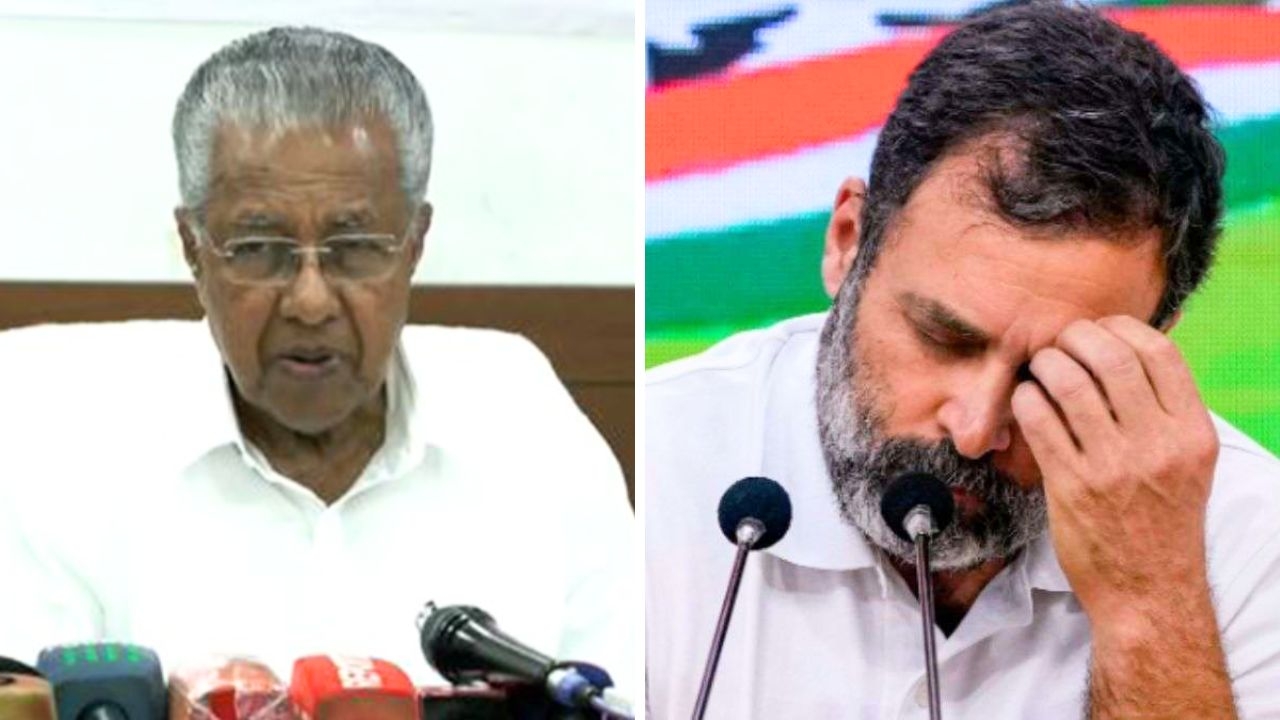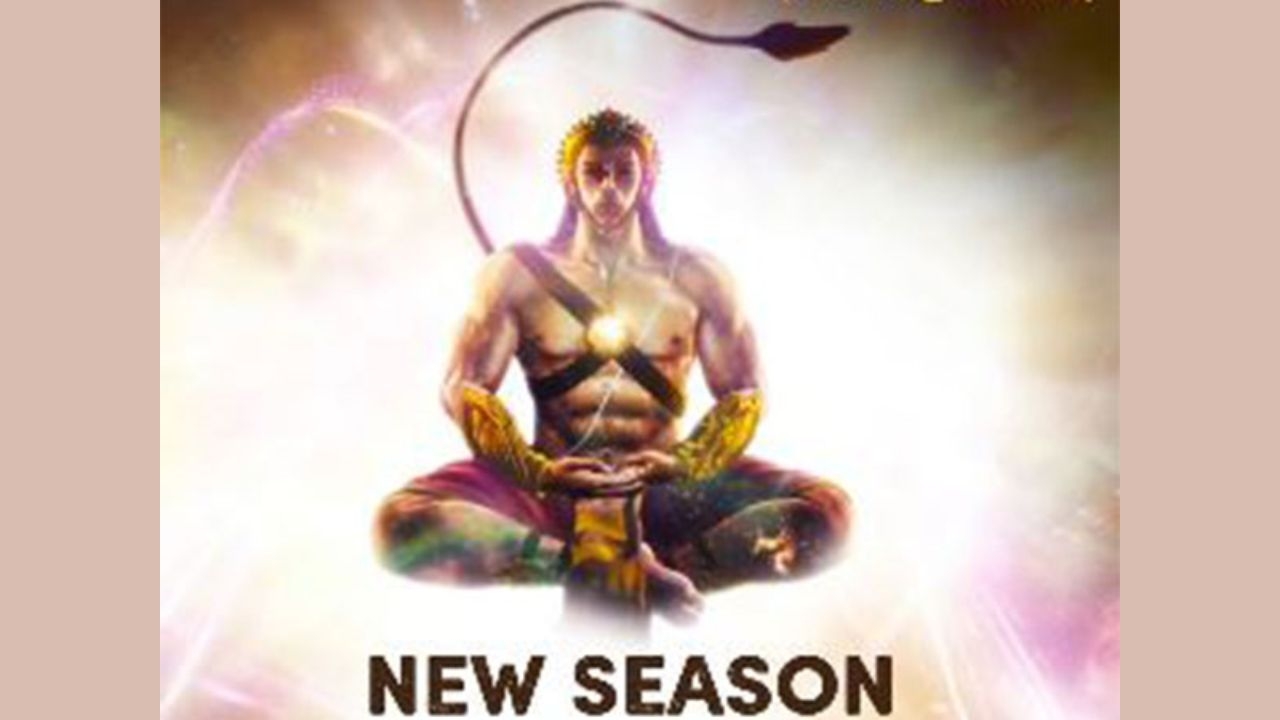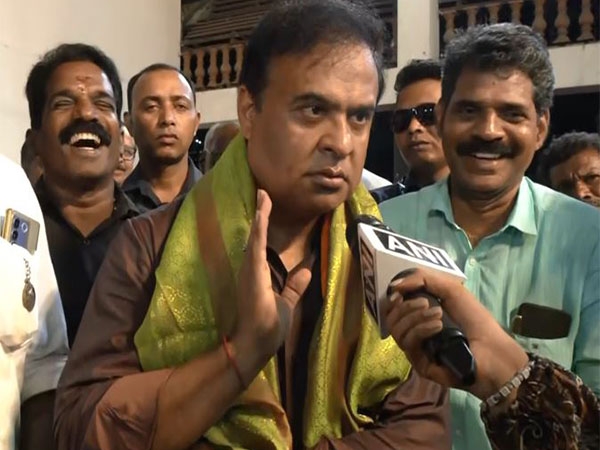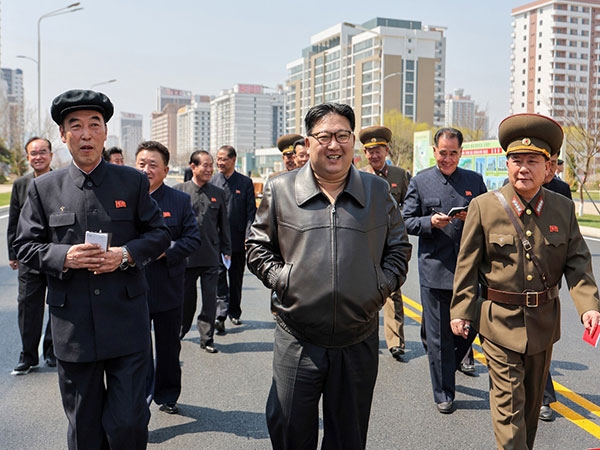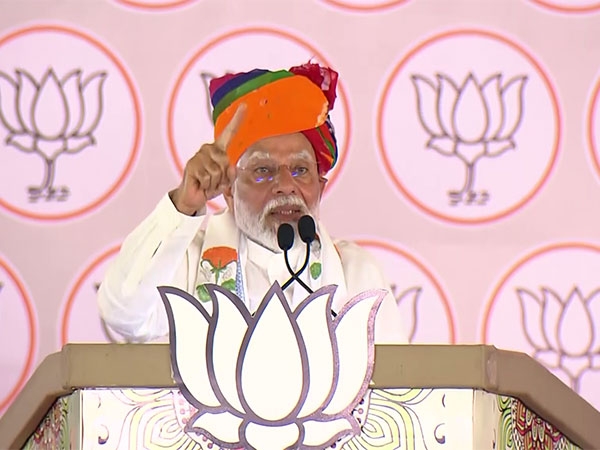Kerala HC rants against campus politics: Why do you hate politics, your honour?
_85654_730x419-m.jpg)
It is common for people absorbed in the many struggles of daily life to harbour indifference and even disdain for the larger processes that run the society at large. However, when courts and learned judges promote such views it’s time to raise a red flag.
A division bench of the Kerala High Court recently faced the question of allowing resumption of political activity on the campus of a college. Ponnani MES College, had 'banned political functions, rally and protest of any political group' inside the campus, following clashes between two competing students' group.
Hearing the case, the judges on the bench betrayed a particular disdain not just for political activities on campuses, but politics in general. “Politics has no place on the campuses of educational institutions, and any student found indulging in it can be expelled,” the bench observed.
One can partially sympathise with the apparent anger against the student bodies involved in the case, given that the campus clash was reportedly particularly violent. The groups had allegedly fought over submitting nomination papers for the college union election and an attack on the college building had led to an estimated loss of around Rs 3 lakh.
Violence cannot be condoned, irrespective of the context. However, to slam politics because of it is not a fair stand to take. In their effort to denounce campus politics, the judges stretched their argument to politics in general, saying “political activities like Dharna, hunger strikes and other practices like Satyagraha have no place in a constitutional democracy, much less in academic institutions”.
One feels compelled to aske the court, if “dharna, hunger strikes and Satyagrah” have no place in a democracy, would the judges prefer arson, guns and bombs? Competing interests between various groups is an undying aspect of civilisation and it is the job of politics to balance those interests.
Political processes give expression to multiple sentiments, which will explode and lead to strife if unaddressed.
History has moved through experimenting with different forms of political systems and constitutional democracy has been found to be the best so far. Indeed, it has flaws and efforts for improvement must constantly be made. But looking at politics itself in bad light, is not one of those improvements.
It is because of lack of interest in politics that people do not participate in elections and voter turn-outs remain low. This leads to unstable governments and flawed representation. Societies generally, and Indian society in particular, are not democratic entities by nature. There are power structures that run our key institutions, like family.
As children, people are not exposed to democratic systems and processes and fail to appreciate their significance when they move into adulthood. Elections in institutions of higher education give youngsters this much-needed exposure and denying it to them will be a major setback.
“Educational institutions are meant for imparting education and not politics,” the bench noted. What it failed to appreciate that the two do not have to be divorced from each other. Students should be, and they are at many places, educated about politics because it is politics that will impact their lives at an individual as well as collective level.
If they are not made familiar with political processes and activities, they will never know how politics impacted their lives. If that familiarisation happens, they can be expected to participate and alter the impact.
If political parties vitiate student politics through money and muscle power, suitable curbs should be imposed and the courts' intervention in that direction will be welcome. However, to impose a ban on all political activity on campuses will be akin to throwing the baby along with the bathwater.


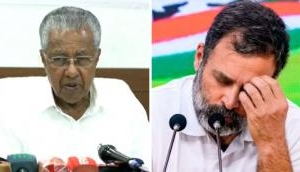
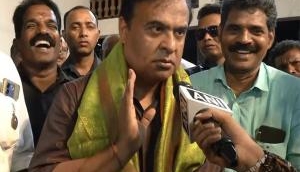
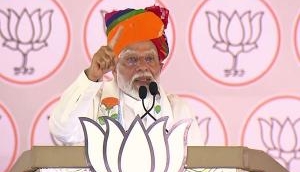
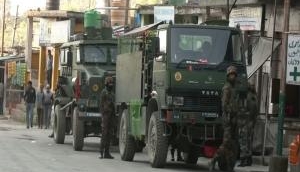

![BJP's Kapil Mishra recreates Shankar Mahadevan’s ‘Breathless’ song to highlight Delhi pollution [WATCH] BJP's Kapil Mishra recreates Shankar Mahadevan’s ‘Breathless’ song to highlight Delhi pollution [WATCH]](http://images.catchnews.com/upload/2022/11/03/kapil-mishra_240884_300x172.png)

![Anupam Kher shares pictures of his toned body on 67th birthday [MUST SEE] Anupam Kher shares pictures of his toned body on 67th birthday [MUST SEE]](http://images.catchnews.com/upload/2022/03/07/Anupam_kher_231145_300x172.jpg)


